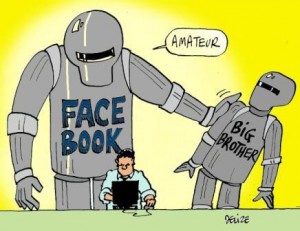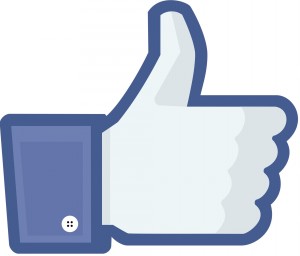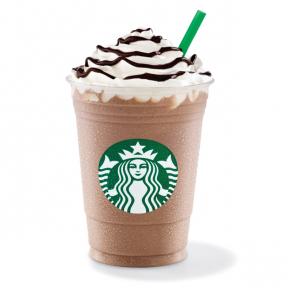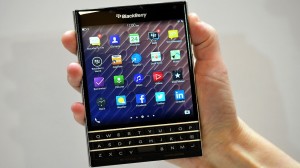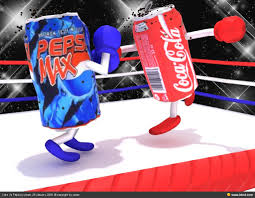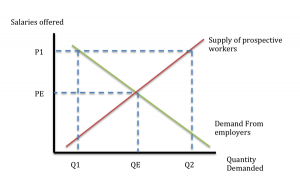Recently according to Pando, Facebook has changed its News’s Feed Algorithm to make the costumers decide what news appears on their homepage. Apparently this contrasts one of their main competitors, Twitter, who costumers describe as being too algorithmically driven. At this point, Facebook focuses on giving the costumers what exactly what they want, so as to increase the strength of their value proposition and keep their users happy. Also this marks an important point of difference between one of their major competitors, which until recently, with the introduction of the Follow and Unfollow botons, was strikingly similar.
However, this new policy can backfire. Facebook is a webpage after all and its customers are not the ones who use it but the ones who advertise in it. One could say that this new development is aimed to the public not the costumers and as such demand for Facebook could fall. Firms advertising their products on Facebook may realize that for users, having updates on their friends rather than learning about their products.
In spite of this, my personal opinion is quite optimistic about Facebook. Advertising firms cannot afford to loose the opportunity to market their products in a firm so big it can call Big Brother an amateur in controlling people’s mind. Recently it has been established that 70% of the public pay more attention to online advertising than more traditional ones such as television or newspaper. At the end, as argued in the article, writers and marketers will just have to improve the quality of their articles and advertising in order to compete in the place of every user’s News’s Feed.
